Last month I received the most wonderful surprise in my email inbox. It opened saying, “Corey, many thanks for the vibrant newsletter bringing me up to date on ACE. Nicely done!” It continued, “If there is a place for my expertise through ACE, I’d be glad to share it.” This was followed up by an offer to meet, which as you can imagine, I readily accepted!
Marion Roach Smith is the author of four books, including ‘The Memoir Project’ and ‘A Thoroughly Non-Standardized Text for Writing & Life.‘ A former staffer at The New York Times, she has been a commentator on NPR’s ‘All Things Considered‘ and a talk show host on Sirius Satellite Radio. ACE! caught up with her to find out more about her foray into online teaching and why she is so passionate to share what she has learned with early career and established creatives alike.
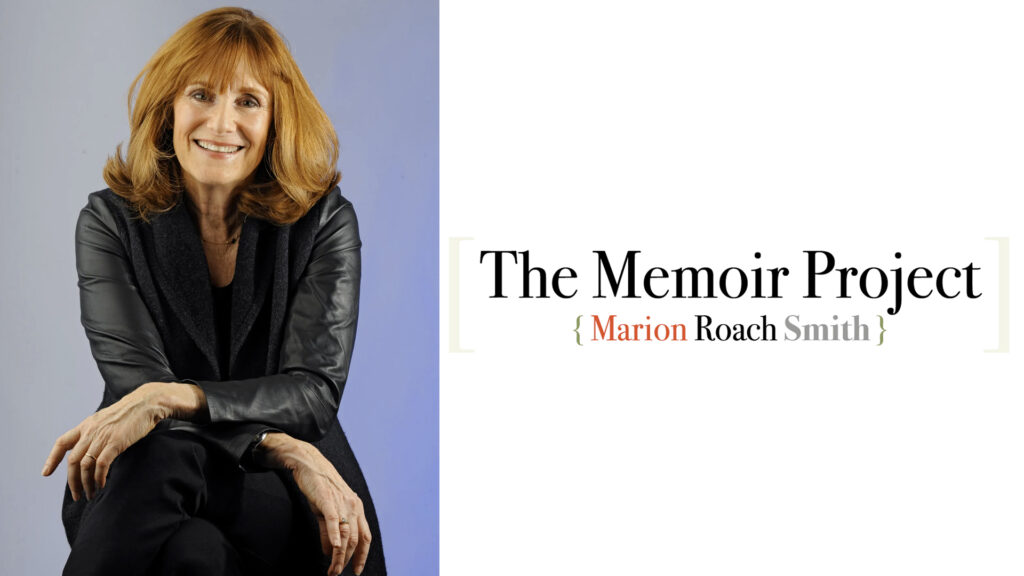
Can you please state your name, title and what you do? And can you tell us about how you got to the development of your educational business, ‘The Memoir Project?’
I’m Marion Roach Smith. I’m a writer, memoir coach and memoir teacher, the author of four books, and the principal of The Memoir Project, where we teach memoir in all its forms digitally to clients worldwide.
I began writing memoir in my 20s, when I wrote a piece for The New York Times Magazine that turned out to be the original first-person account from a family coping with Alzheimer’s disease. I wound up on NBC’s Today Show the day after it was published (the first of my four appearances on the show). A few days later, a colleague at the Times said to me, “Nice piece of memoir,” and I thought, “I wrote memoir?” Against all the advice I was getting, I quit the newspaper, and before I was 27, I was a freelancer in New York City.
A writer has to support herself, so along the way I’ve published four books that covered my interest in nonfiction, the most recent of which is The Memoir Project, A Thoroughly Non-Standardized Text for Writing & Life, published by Grand Central Publishing/Hachette Book Group, which is now in a recently updated 2nd edition.
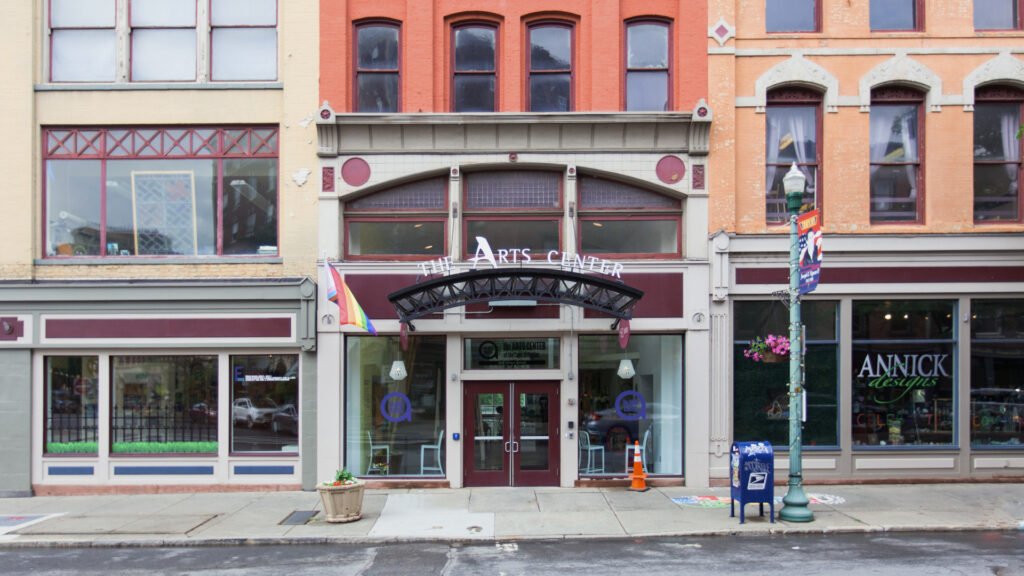
What made you decide to start teaching memoir writing?
In the early 1990s, I was a board member of The Arts Center of the Capital Region, including the period where it moved from the grand old brownstone on Washington Square Park to its place on Monument Square, where I’m proud to note that it anchored the rebirth of downtown Troy. During one board meeting, I was complaining yet again that the writing program was less about practical skills than about what we might call woo-woo, and the then-president, Raona Roy, said, “If it’s not what you like, why don’t you teach here?” So…I taught memoir there for 21 glorious years.
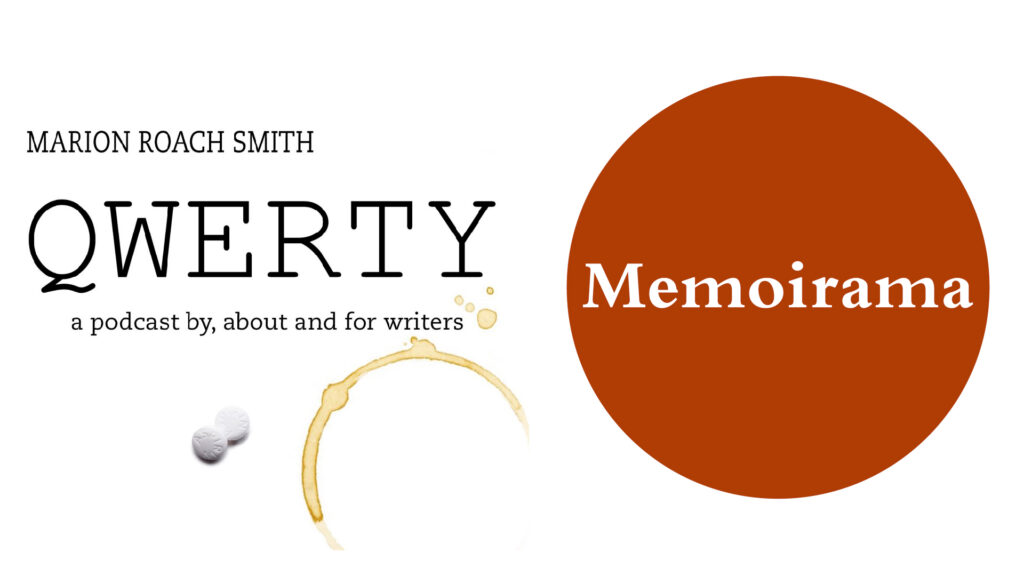
Why did you make the move to online teaching?
Around the dawn of the internet, my sister, Margaret Roach, was Editorial Director of Martha Stewart Living Omnimedia, and one of her accomplishments was creating the digital presence for everything Martha. After she left that job, she invited me, with two other women, to start The Sister Project, a blog where we wrote about women and their bonds to one another. She suggested I write a post on memoir, which I did, and it went viral. So did the next post on memoir. Then she said, “Why don’t you write a book on memoir?” It was during a recession, and even though between the two of us we had published six books with major publishers, there was no enthusiasm for the idea. So we turned to The Troy Book Makers, and published my little book under the title Realia: Writing What You Know. We sold every copy. When the recession started to lift, I took the book to my agent at ICM/CAA, who said, “Let’s take this to market.” The book was renamed and reissued under its current name, The Memoir Project.
It was my sister who said that the online teaching market was just about to explode. So, I got started in 2015, with a single, entry-level course, which I still teach under the title “Memoirama.” My overhead was $49.95 a month for a program called GoToWebinar.
We’ve grown course-by-course and student-by-student, and now we have a global reach, so that I hear muzzeins in Karachi and say good morning to students in New Zealand as the day is winding down in Upstate New York. I teach four different live classes online and have five recorded classes. I’m really proud of Qwerty, a podcast by, for and about writers, which just dropped its 100th episode. More than 1,000 students take our classes and webinars each year, and the bookshelves in my office hold more than 70 volumes written by my students and clients. Books are only a part of memoir, though. Three students have published Modern Love columns in the New York Times, and I’ve lost track of how many pieces our students have published on op-ed pages and websites around the country.
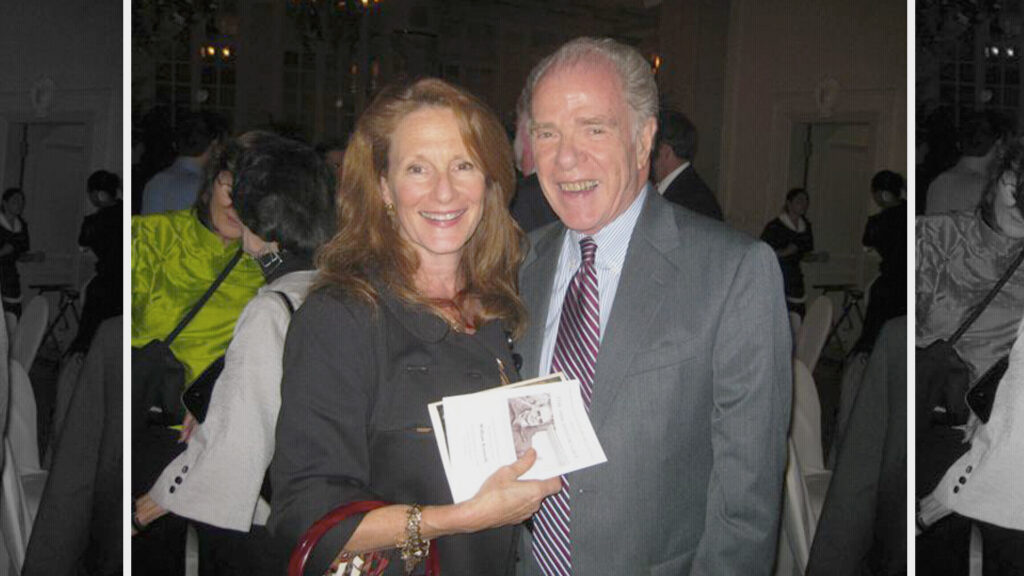
Can you give us an example of who you work with?
All of my classes are taught assuring my clients of confidentiality. This brings out the truth and supports the intimacy of their tale. We do not use a camera in my classes – that is, no Zoom – and we use only first names, which sometimes aren’t the clients’ real names. That supports the writers completely, and it enables them to write their stories without fear.
Of course, some authors offer me credit. Like Kirsten Gillibrand, our U.S. Senator, who says she kept my little book at her side as she wrote her book, ‘Off the Sidelines.’ But I don’t want to take credit for the work of my students because, in the end, what is published is absolutely their work.
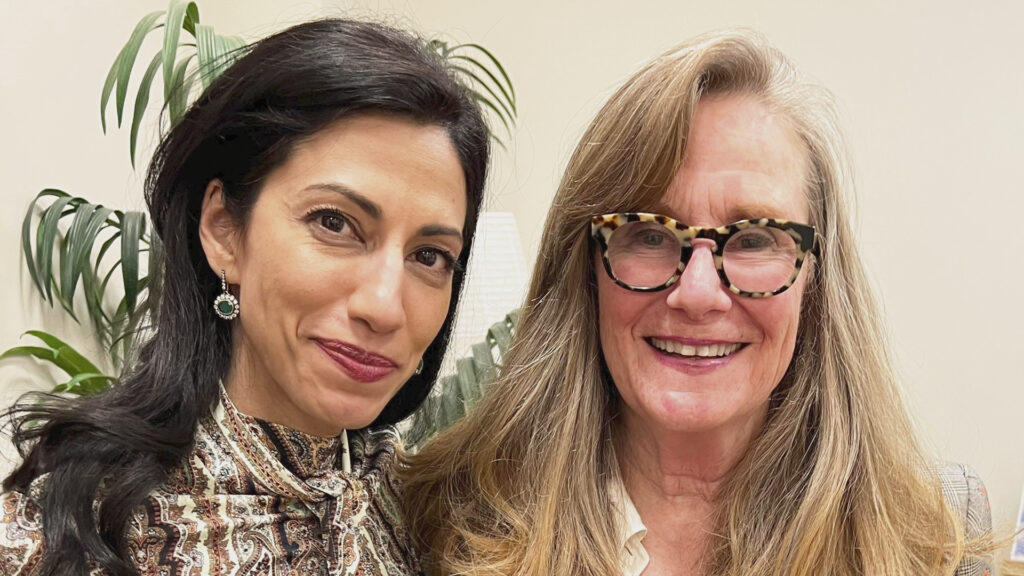
Do you teach in person anymore, or is your work only online?
Well, I’m often invited to interview writers on public platforms. For the New York State Writers’ Institute, for example, I’ve interviewed Huma Abedin and Paulina Porizkova, among others, and I’ve led workshops on memoir at the Albany Book Festival.
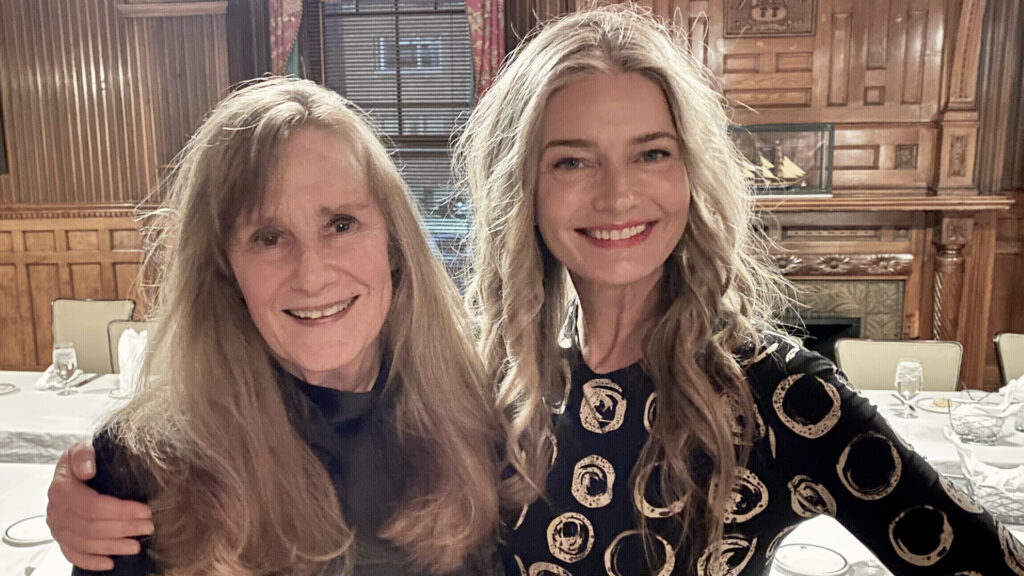
This year will be the 8th annual Brava!, a program I founded that is now a partnership between the YWCA of the Greater Capital Region and The Arts Center of the Capital Region. It takes place at the Arts Center, and this year’s will on the evening of Thursday, Nov. 9. It’s a night of curated readings about the role of brassieres in our lives, and the admission requires the donation of a new brassiere for people in need of a new bra.
It began when my family wanted to donate to the Y’s holiday gift program, to benefit families living at the YWCA-GCR. The family we drew listed presents the mom hoped to give her three kids and, for herself, she wrote, “I would like a bra. I don’t have one.” And I thought, “Without a bra, a woman can’t go on a job interview, and most of us can’t present ourselves in public.” So far, we have raised 4,000 bras for people who need them. Every year has featured readings that bring the house down – with laughter and tears and simply wonderful storytelling. This year promises to be nothing less. Tickets will go on sale in October.
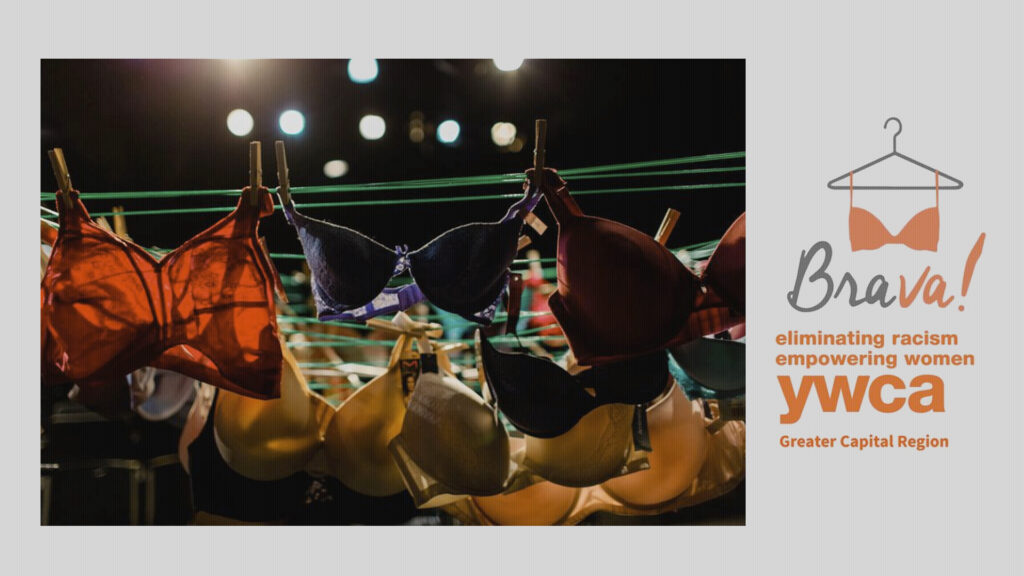
Any thoughts on how upstate artists might get involved with online teaching?
Absolutely. It’s still a growing industry, and it is a way for a creative person to make a living while working from home. It begins by finding your market differentiator: What are you good at? What can you teach? And how can you start small and envision growing to the correct size so that you don’t take on too much too fast? These are the questions I’d suggest any artist be prepared to answer.
From the beginning, I knew I wanted to own the business myself, and not teach on one of the large sides, like Udemy or Thinkific, because when you teach on those sites, they own your mailing list and the titles of your courses. I wondered what might happen if we built this ourselves from scratch. So I started with a small mailing list and did everything myself – hand-registering every student. I began with a weekly newsletter and one course, and grew it, student-by-student, from there. I eventually took on a virtual assistant, a woman in the Pacific Northwest who specializes in handling online writing teachers, and an operations manager in Nashville, a writer himself who specializes in online marketing.
Here’s the thing: E-learning is projected to be a $350 billion industry by 2025. I think creative people ought to be fully invested in that.
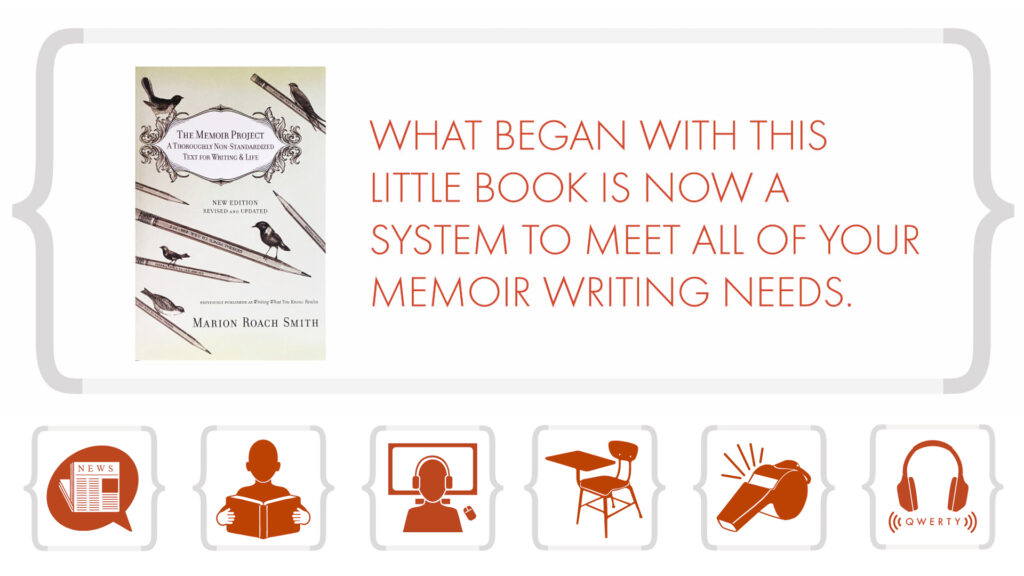
In closing, how can someone learn more about your courses?
The way my courses are structured, writers begin learning the principles of writing what you know, and then they can work all the way through the structure of a whole book in a course we call ‘The Master Class.’ Once they have that first draft, they can then work with one of the several very talented editors who work under our Memoir Project umbrella. Courses are at different price points, and offer regular online free webinars.
All the courses are listed at marionroach.com. Make sure to join the mailing list for regular updates and info.